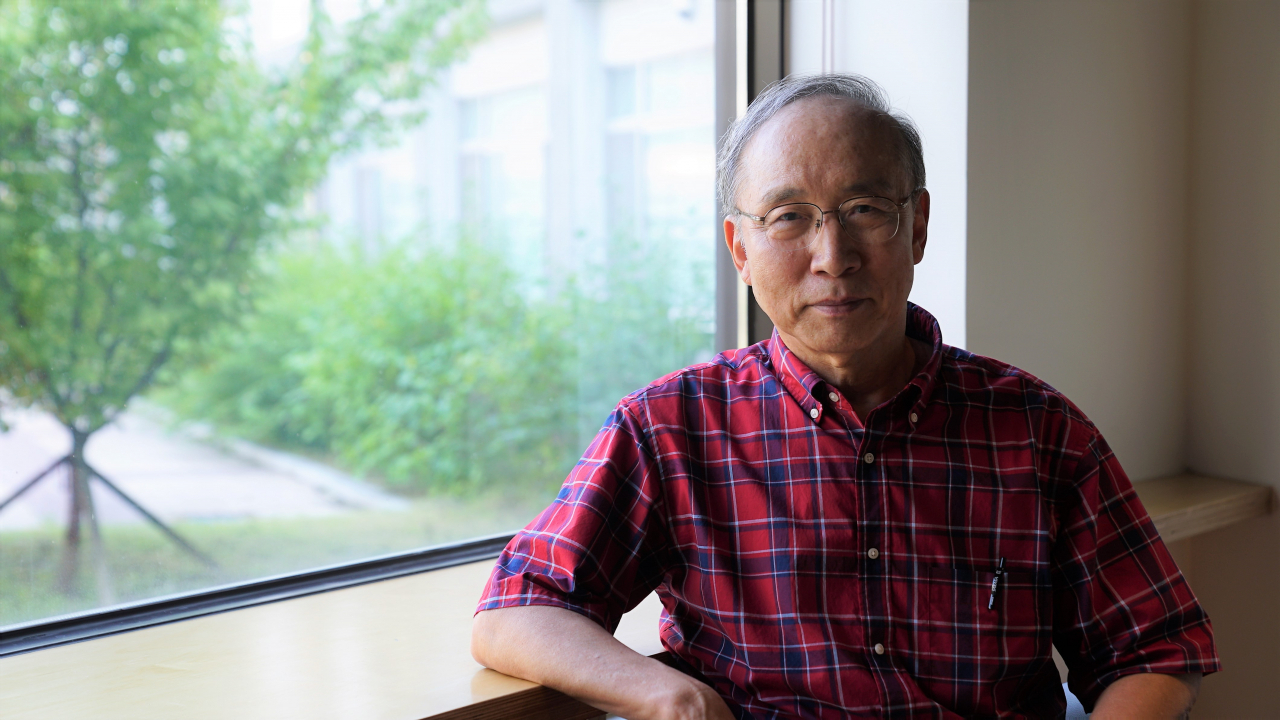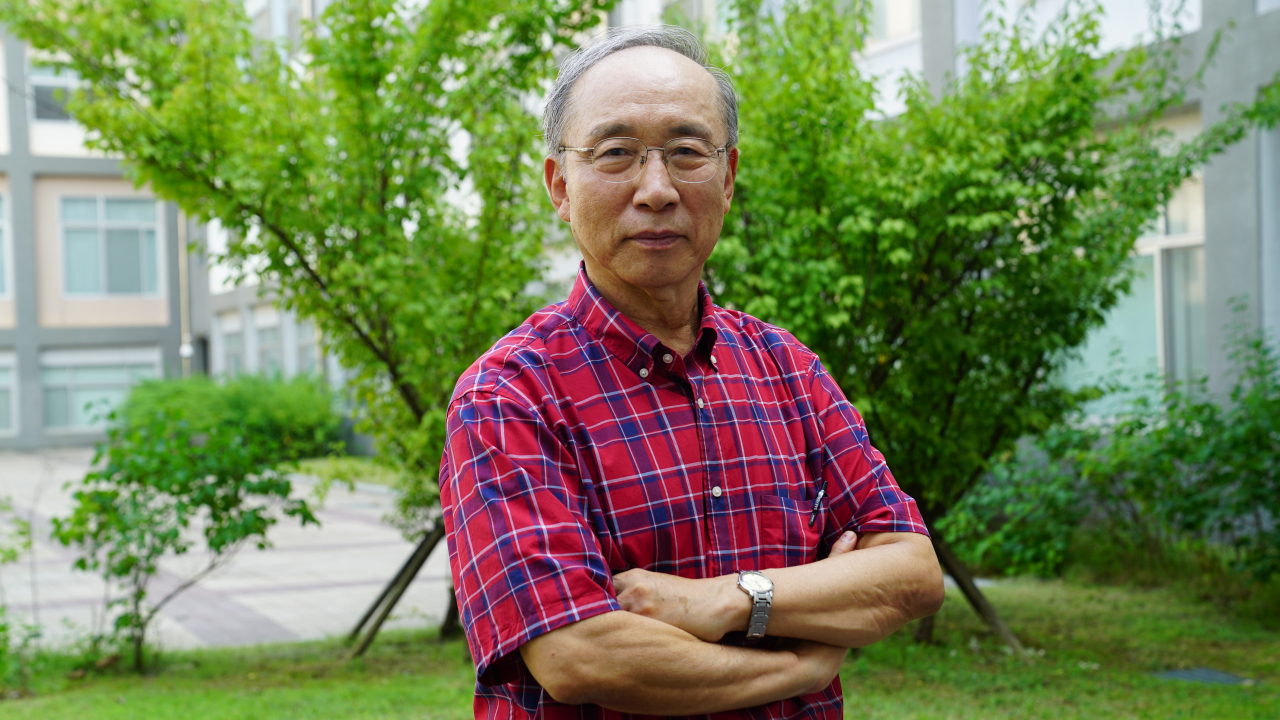[Herald Interview] Chronicling KMA graduates' war in Vietnam: 'From Hill 92 to Nui Hon Ba'
By Hwang Dong-heePublished : Sept. 6, 2023 - 15:35

The Vietnam War officially ended on April 30, 1975.
From September 1964, when the South Korean government began to deploy its troops to Vietnam, to March 1973, when it completely withdrew them, the Korean Army fought alongside the US military and allied forces for over eight and a half years.
Many young Koreans lost their lives. The same was true for officers who graduated from the Korea Military Academy.
Their turbulent wartime experiences have been chronicled in English by Chung Youn-son, a retired colonel and professor emeritus in English at the Korean Military Academy, in his latest book, “From Hill 92 to Nui Hon Ba.”
The book delves into the Vietnam War narratives of the first 17 classes of the military academy -- from the Class of 1955 to the Class of 1971.

Chung said the title of the book is symbolic.
“Hill 92 is a low hill surrounding the quadrangle of the Corps of Cadets at KMA. It’s where countless memories and stories of cadets lie. Nui Hon Ba is a mountain located in the south-central coastal region of Vietnam. It was the operational area of the Korean White Horse Division.”
Of the 3,039 graduates of the 11th-27th classes of the KMA, about 70 percent (2,069 men) were sent to Vietnam.
While this represents about 9 percent of the total of 22,300 Korean Army officers who participated in the war, they played crucial roles as key strategists and operators within the various positions of the Korean army, said Chung.
Starting in 2020, Chung interviewed nearly 200 war veterans -- including almost all his Vietnam veteran classmates -- who shared their war experiences. He then researched and studied battle reports, books, research papers, personal memoirs and many other documents.
The book is dedicated to highlighting the activities of KMA graduates -- why those KMA men went to Vietnam, how they fought, what they felt, and how the war affected their careers.
“It is not just a compilation of detailed combat reports of an individual, but an integrated memoir weaving together the stories of KMA officers into a narrative that represents the entire journey of the military academy graduates during the war.”

Chung highlighted a unique nature of the Vietnam War, characterized by guerrilla warfare. This starkly contrasted with the Korean War, where territorial gains were directly linked to victory.
“I described the Vietnam War as a ‘formless’ war because the fighting continued in a situation where victory or defeat was elusive,” said Chung.
“There was no distinguishable combat uniform. You couldn’t tell who was the enemy and met more civilians than soldiers. So it wasn't about occupying a piece of land; instead, the primary objective was to inflict casualties, with 'body count' being one of the strategies employed by the US Army. It was a cruel and harrowing war.”
The section titled “Return,” specifically the segment “From Fort Hwarang to Dongjak-dong,” illustrates Chung's commitment to his project.
Fort Hwarang is another name for the KMA campus, Chung explained, and Dongjak-dong is where the National Cemetery is located.
Here, Chung included the stories of the 36 officers who died in Vietnam, reflecting on the theme of return, paying tribute to those who did not survive and could not return.
The book is written in English with numerous military terms, so it may pose a challenge for general Korean readers to fully comprehend, Chung explained.
However, he hoped that it would serve as a valuable resource for young cadets and military officers to see how military English they learned in classrooms translates into real-world usage.
In addition, the book aims to provide insights into and facilitate research on the activities of the KMA graduates and Korean troops who fought in the Vietnam War.
“I felt a sense of responsibility to document the history of KMA’s involvement in one of the most significant wars of our time. I was a graduate of KMA, a Vietnam War generation and know English. I believed there was no one better positioned to undertake this task.”
Chung has donated copies of the book to the KMA’s library and to the US Forces Korea.



















![[Today’s K-pop] Treasure to publish magazine for debut anniversary](http://res.heraldm.com/phpwas/restmb_idxmake.php?idx=642&simg=/content/image/2024/07/26/20240726050551_0.jpg&u=)